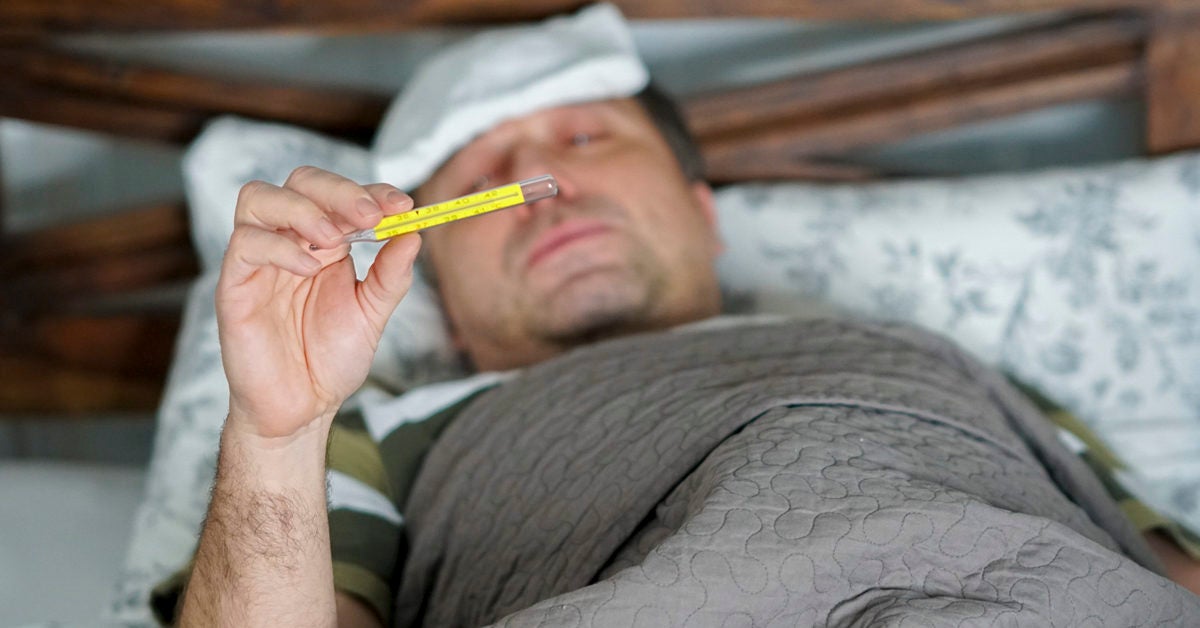How to Properly Care for Your Dog

Welcoming a new dog into your household can be an exciting time for everyone involved. Dogs bring joy, laughter, and a presence that can really lift one’s day. As the advantages of owning a dog are endless, it’s on you to ensure your pooch lives a life of contentment.
For first-time owners, this equates to understanding and practicing basic dog care, meeting daily requirements. Adequate exercise needs, proper nutrition, grooming, and veterinary visits are all necessary. Having said that, let’s delve deeper into what keeps your pup happy.
Ensure a Healthy, Balanced Diet
Like people, dogs require a healthy, nutritious diet to support their everyday activities and health. While cheap supermarket brands can save costs, compromising on quality could jeopardize your dog’s health. Cheap pet food is generally made of animal parts not edible for humans. And while dogs don’t require premium products that break the bank, skimping on food choices isn’t ideal. Opt for foods that serve high-quality ingredients, which reputable brands produce.
Although it’s tempting to give your dog regular food from your plate, refrain from doing so. Everyday foods (especially processed) often lack essential vitamins and minerals, causing deficiencies to emerge. There’s also the risk of creating a dependency on junk food, leading to an overweight or obese pet.
If you opt for a homemade diet, consult with your veterinarian on food recommendations. For water intake, ensure freshwater is nearby for your dog to drink throughout the day.
Establishing a Good Exercise Routine
Since dogs are energetic animals, establishing a daily exercise routine can help exert built-in energy. A walk around the neighborhood or even the block is generally sufficient. However, certain breeds are predisposed to move more. For example, sporting dogs like Retrievers and Spaniels strive on more vigorous routines than a Basset Hound. If you’re adopting a sporting dog, a couple of hours of outdoor activity should do the trick.
To ensure your dog is fit and healthy, have a wellness check-up at your local veterinarian. It’s not unusual for dogs to have pre-existing conditions unnoticed by owners, and identifying issues early could help prevent later illness.
Many pet parents opt for a wellness insurance plan, paying a monthly premium. This plan enables reimbursement for standard services provided by vets, like vaccines, flea prevention and pet microchipping. Just make sure to find a company that delivers quality pet insurance. A vet can also make general recommendations about your dog’s diet, current exercise routine, and behavior displayed at home.
Dog Grooming
Hygiene just isn’t the biggest concern on a dog’s mind. A dog’s natural tendency to get dirty is innate, from rolling on the mud to swimming in your local pond. According to scientists, dogs would intentionally mask their smell to help stalk their prey efficiently.
Scientific dog theories aside, dogs clean themselves, using their tongues to remove dirt and other debris from their coats. However, pet parents still need to bathe them once every three months. Dogs who spend more time outdoors may need to be washed more frequently.
Brushing your canine is also an integral part of general grooming. Regularly combing will remove dirt and dead skin, allowing their natural oils to spread throughout. Brushing can also identify potential fleas your dog may have. If you see black specks, it’s a good indication of flea infestation.
Alternatively, you can visit a dog groomer and start a grooming regime. Utilizing a professional groomer’s services can save you time and energy, not to mention they’ll most likely do a better job.
Letting Your Dog Pee Regularly Outside
Puppies remember the places you take them, generally relieving themselves in the same spot to mark their territories. After your puppy has done the deed, continue to praise them using a friendly and excited tone of voice. Dogs love to be praised, being regularly told how good they are. To help reinforce new habits, adoring them for their actions is effective. Head patting, and scratching your puppy’s ears also work.
Can Dogs ‘Hold it In’?
Since puppies don’t have complete bladder control until they’re over six months old, they’ll need to go right away. Because of a puppy’s incapacity to hold it in, they shouldn’t be crated for long periods. Adult dogs need to urinate outside 3 to 5 times daily, waiting no longer than 6-8 hours between trips. As the saying goes, ‘When you gotta go, you gotta go!’
Love Your Dog
Although this seems intuitive when owning a dog, many pet owners fail to fulfill this basic need. Dogs are sociable animals, and just like people require interaction to feel normal. Building a bond is paramount to a dog’s health, as dogs can quickly feel neglected. This typically leads to boredom or bad behavioral patterns, such as excessive scratching and chewing.
Make a daily schedule where you and your dog can bond. Rub their belly, scratch their ears and playing fetch are all great ways to build a strong friendship.





